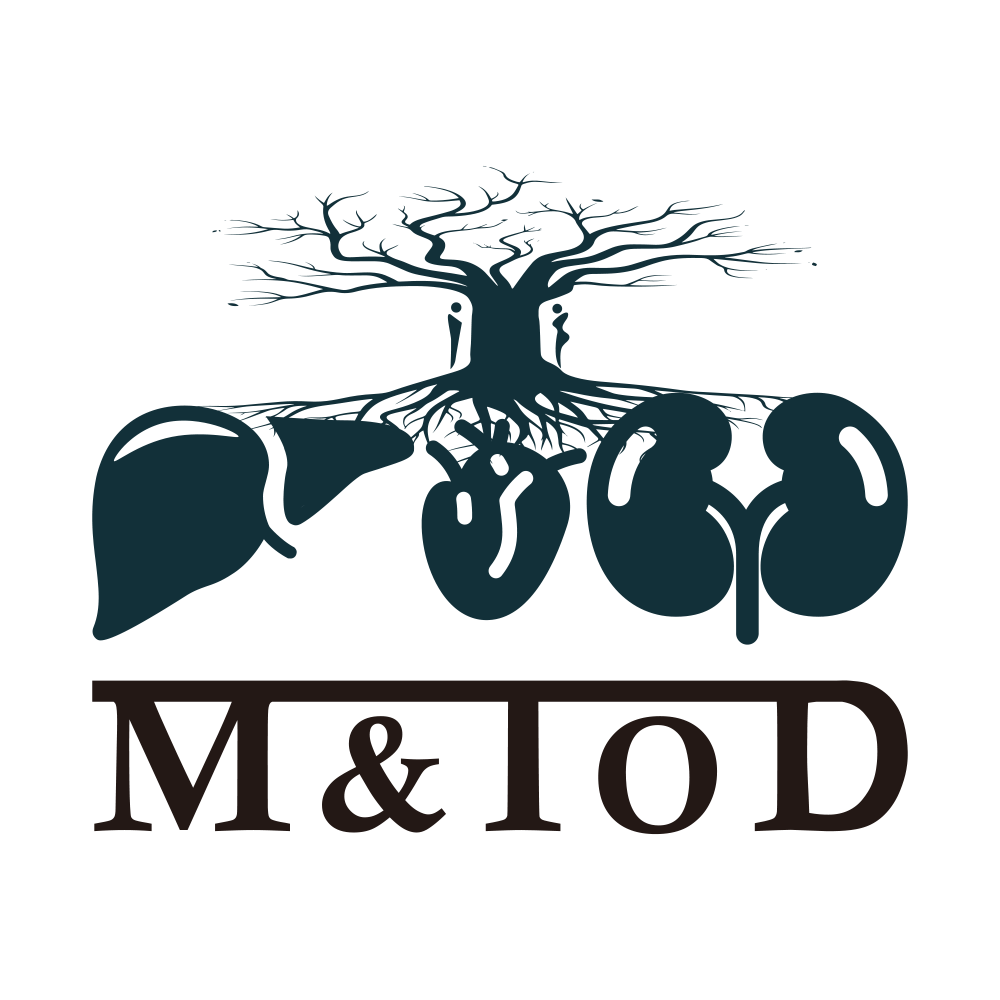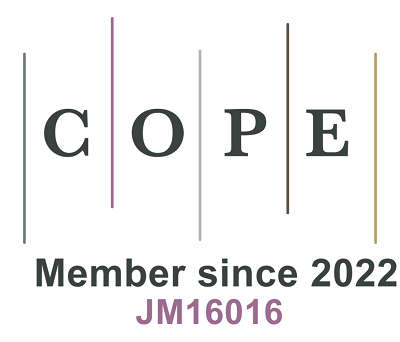
Topic: Metabolic Insights into Reproductive Health and Disease
A Special Issue of Metabolism and Target Organ Damage
ISSN 2769-6375 (Online)
Submission deadline: 15 Sep 2025
Guest Editors
Special Issue Introduction
Background and Rationale:
Reproductive health is essential for human well-being and the sustainability of populations. Metabolic disorders, which include conditions like obesity, diabetes, dyslipidemias, arterial hypertension, and hyperuricemia, along with the damage they cause to organs such as Metabolic Associated Steatohepatitis (MASLD), Chronic Kidney Disease (CKD), and cardiovascular issues, have become important factors influencing reproductive health and fertility. These disorders can disrupt hormonal balances, hinder the production of gametes, change the uterine environment, and impact the functioning of reproductive organs, thereby affecting fertility in both men and women. Additionally, metabolic state during pregnancy can significantly affect maternal health and fetal development, increasing the risk of complications like gestational diabetes, preeclampsia, and intrauterine growth restriction. The relationship between metabolism and reproduction is intricate and reciprocal, as reproductive processes can also affect metabolic balance. For example, pregnancy brings about physiological changes that may improve or worsen existing metabolic conditions. With the increasing global prevalence of metabolic disorders and their related organ damage, it is crucial to further investigate the metabolic factors that influence reproductive health and disease, as well as how organ damage impacts reproductive functions. This Special Issue seeks to thoroughly examine this vital intersection, highlighting the mechanisms involved, the clinical implications, and potential interventions that could enhance reproductive outcomes amid metabolic challenges and organ damage.
Objectives:
To clarify the complex metabolic pathways and the effects of target organ damage on reproductive health, particularly how these factors influence gamete quality, embryo development, and the success of implantation.
To investigate the role of metabolic factors and organ damage in the development of reproductive diseases such as polycystic ovary syndrome (PCOS), endometriosis, and male infertility, with an emphasis on discovering new biomarkers and diagnostic tools.
To evaluate the effectiveness of metabolic interventions, such as lifestyle modifications, pharmacological treatments, and surgical procedures, in improving reproductive outcomes and managing reproductive disorders associated with metabolic dysfunction and organ damage.
To foster interdisciplinary collaboration among endocrinologists, reproductive biologists, obstetricians, gynecologists, and metabolic specialists, hepatologists, nephrologists, and cardiologists to create a comprehensive understanding of the metabolic-reproductive relationship and the consequences of organ damage, ultimately leading to the development of integrated management strategies.
Topics Covered:
The molecular mechanisms by which metabolic disorders and target organ damage disrupt reproductive functions, including hormonal regulation, ovarian folliculogenesis, spermatogenesis, and uterine receptivity.
The epidemiological association between metabolic syndromes, associated organ damage, and reproductive health outcomes, including fertility rates, miscarriage risk, and assisted reproductive technology success.
The impact of maternal metabolic status on fetal development, with a focus on the intergenerational and transgenerational transmission of metabolic risks and the long-term health consequences for offspring.
The role of metabolic hormones, adipokines, and factors related to organ damage in modulating reproductive processes and their potential as therapeutic targets.
The development and validation of non-invasive biomarkers for early detection and monitoring of metabolic-related reproductive disorders and organ damage.
Clinical trials and case studies evaluating the efficacy of various metabolic interventions, such as weight loss programs, insulin-sensitizing agents, and metabolic surgery, in improving reproductive health and managing organ damage.
The psychological and behavioral aspects of metabolic disorders and organ damage in relation to reproductive health, including the impact on sexual function, body image, and mental well-being.
Public health strategies and policies aimed at addressing the nexus between metabolic issues and reproductive health, including prevention programs, health education, and improving access to care.
Target Audience:
This Special Issue targets a diverse audience that spans multiple disciplines, including endocrinologists, reproductive endocrinologists, obstetricians, gynecologists, urologists focused on male fertility, metabolic specialists, hepatologists, nephrologists, cardiologists, reproductive biologists, epidemiologists, and public health professionals. It is also relevant for researchers and clinicians engaged in creating innovative diagnostic tools and treatment strategies for metabolic and reproductive disorders. Additionally, policymakers and healthcare administrators dedicated to enhancing reproductive health outcomes amid the global metabolic epidemic and its related organ damage will find this issue particularly valuable.
Submission Deadline
Submission Information
For Author Instructions, please refer to https://www.oaepublish.com/mtod/author_instructions
For Online Submission, please login at https://www.oaecenter.com/login?JournalId=mtod&IssueId=mtod25011710009
Submission Deadline: 15 Sep 2025
Contacts: Tilda Li, Assistant Editor, tilda@mtodjournal.net









